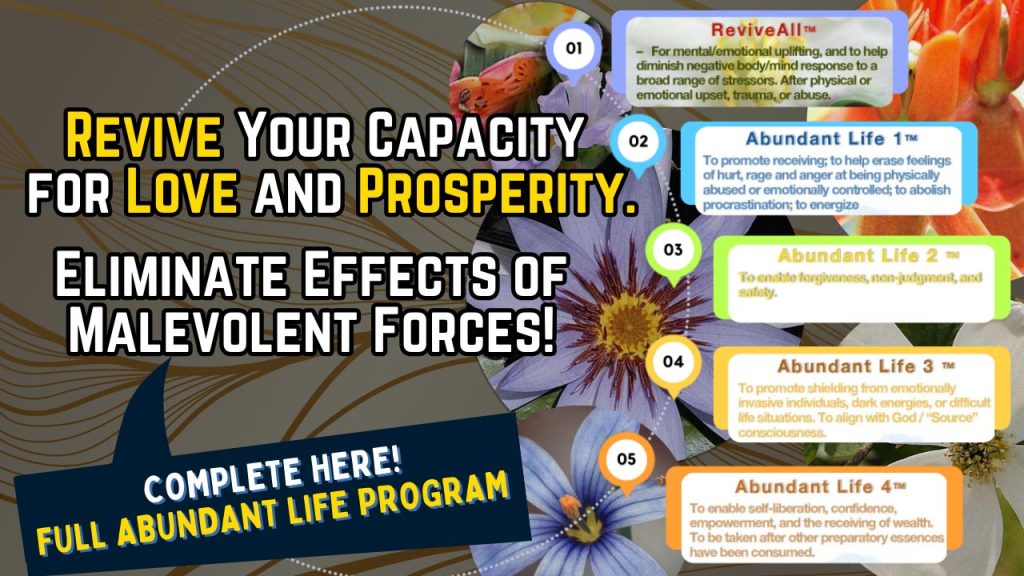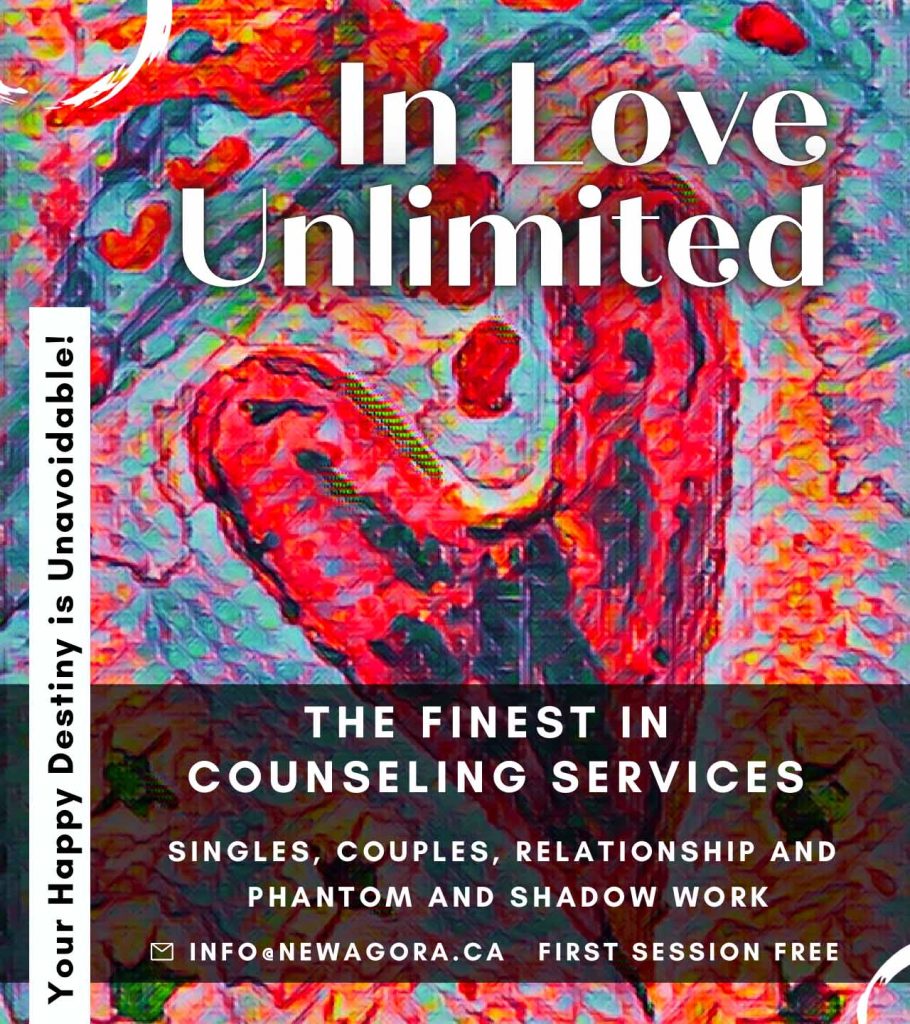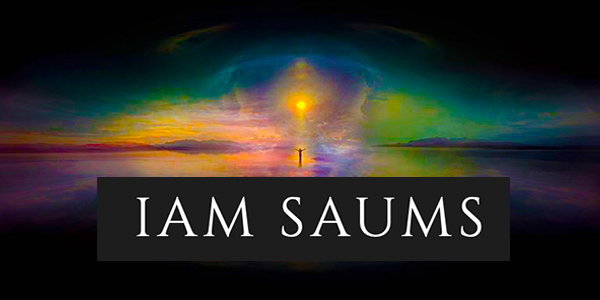Navigating Difficult Emotions
IN BRIEF
- The Facts:Day and night exist; so too do joy and sorrow, anger and sadness. Yin and Yang comprise our wholeness.
- Reflect On:Consider that the night has as much to offer as daytime, and is just as necessary. What new version of wholeness can we be crafted into when we embrace and skillfully work through all of what we feel?
“Each of our feelings or attitudes, no matter how negative, can evoke compassion and lead to transformation. We then joyfully realize how every negative experience has positive, growth-fostering potential, how every liability is a resource, how every shadow trait has a kernel of value, how every disturbance or mistake can deepen our spiritual consciousness . . . there is an energy of light frozen in our confusion, a luminosity we can release, if only we do not give up our mining.”—Dave Richo, Ph.D.
Positive emotions satisfy the immediate gratification style of modern culture. They pay dividends right away. We try to keep up with pleasure, joy, and bliss in their ever-more-enticing forms. Difficult emotions, however, take patience, and require delayed gratification. The result of this gratification is a deeper sense of fulfillment that can’t be gained by direct experience with positive emotion.
Through the lens of Chinese medicine, our positive emotions are considered Yang (positive and quick) and confer Yang power. Our negative, dark, or difficult emotions are Yin. They take longer to release their nectar, as we slow down to meet them. We might have to look like outcasts for a time to reap their hidden, subtler power. These Yin experiences deliver a quieter, inner power, gradually.
A balance of Yin and Yang power is crucial. If we over-feast on Yang emotions, we can burn out and fall into an exhausted or depressive state once we can’t keep up with all the excitement. This corresponds with the modern epidemic of adrenal exhaustion. If we over-feast on negative emotions and ignore the lighter side of life, we can also end up in the pits. Sojourns into grief don’t count because they often deliver great rewards.
When Yin and Yang are in balance and healthy they mutually support one another. When we find balance between Yin and Yang emotions, we can reap the benefits of both positive and negative states. It’s not difficult to see the benefit of happiness, joy, positivity, exuberance, and inspiration—all Yang experiences. More difficult is to glean the good reasons to embrace our dark and difficult states.
When we understand, even if just intellectually at first, why and how difficult states are absolutely crucial to our well-being, this gives us incentive to stay present and open to them and override our knee-jerk tendency to shut down and go away when they surface. What’s more, when we attune to and are patient with what’s difficult, that darkness transforms us little by little into more light, a light we cannot attain from Yang states alone. Only by staying with what’s dark can we create more love and light from what seems rotten and miserable.
So, this writing is dedicated to understanding the unique benefits that come from our difficult feelings and why it’s a good idea to stay close to them, when they visit.
Looking Deeper
Just like beauty and the beast, beneath the ugly exterior of our difficult emotions is a tender core of inspiration, soulfulness, and renewal. They return us to what really matters by revealing and empowering what we care about. If we sit with these feelings long enough, which is to welcome and let them have their way with us (at least in good part), we can reap their hidden riches (note: this is often not the case for mental illness, such as anxiety and depression).
Paradoxically, this process of staying close to difficulty eventually fills us up, quenching us with fulfillment. I’m convinced that if we don’t milk and allow ourselves to be transformed by these emotions, we live fractured lives. And as a result, we fracture the lives of others, including the Earth.
In being with painful feelings and letting them change us, they recede. The more we allow ourselves to be changed by them, the more they dissolve. In fact, they recede in proportion to how much we allow them to change us, as if their purpose were to get us to pay attention, to surrender, and to transform. From being with and working through our anger, sadness, fear, remorse, and envy, we develop genuine compassion, courage, creativity, inspiration, meaning, purpose, empathy, and greater love—qualities I call our finer jewels of being human.
We don’t transform difficult emotions as much as they transform us. For this we must surrender and become vulnerable; we must have the faith and courage, humility and strength, to be changed in ways not in our control, shaped by the wild ways of nature expressed through our emotions. This way we get to become more than what we can control, or even imagine. So, if you want to live a passionate life close to nature, give way to your heart and its storms of wild wisdom come to revolutionize you.
To be changed by difficulty, we have to be vulnerable, pliant, brave, and strong enough to weather the shape-shifting of our sense of self. This requires having a strong enough core sense of self, our functional ego, one that can handle the adjustments, or in some cases, the dismantling of our sense of self. For this reason, the support of loved ones, and a therapist, is virtually essential, or at least makes the journey more productive and smoother.
Our dark, uncomfortable, or downright terrifying emotions are the other side of love. They are love’s underbelly, the deeper regions of our heart. In fact, we can often sense when someone has not entered this sacred chamber inside themselves and met their life-renewing shadow because they are generally uncomfortable around the emotional struggles of others.
The Way Out is Through
While offering nuanced suggestions for precisely how to navigate our difficult emotions is beyond the scope of this article (I offer more of that here), I want to briefly speak to the popular adage, “Don’t wallow in negative emotions.” Ironically, this might be an outsider’s perspective, coined and perpetuated by folks who haven’t entered their shadow in a significant way. For, when we do, we learn that we don’t really have much say for how long we are beset by life’s downturns.
We in fact must endure periods of what seems like wallowing and obsessing because we don’t have control over these states, nor do we have to. Nor do we have to fit in to the horse and pony show of modern living, rife with sickness, dysfunction, and obsessed with productivity and positivity. Other times, however, we will be able to snap out of a funk. In these cases we have at least some say in mitigating difficult states, apart from how they might ultimately benefit us.
We experience emotion in two primary ways. The first is in response to troubling environmental factors, events, or circumstances. In these cases, it’s usually safe to heed emotional signals at face value. Another way is to experience difficult emotions due to an imbalanced physiology such as illness (including mental illness) or another stressor. In these instances, it’s better not to listen to the voice or message of emotion and its distorted reasoning, or at least not take their perceived impact and significance to heart. For example, if you’re in a spat with your partner and irritated because you need to eat, get to sleep, be alone, or just chill out, it’s often wiser to just focus on taking care of yourself and not get into it with someone else. We might also need to grab the reins of our mind and control our negative thinking, which is absolutely appropriate during rough times—especially, for example, when we are looping negative thoughts.
All these self-help actions help “skim the surface” of feeling bad, which is to clear the superficial and temporary stress that contributes to circumstantial emotional flareups. After we self-care this way, our troubles usually seem smaller and less painful. Whatever emotional charge or realization left after skimming this top layer of stress, we can embrace and more confidently take to heart. To not self-care to relieve everyday stress is to suffer unnecessarily.
Exercise, appropriate diet, and how supported we feel. all significantly influence our physiological state and therefore the duration and intensity of difficult emotional states.
The idea is to try to stay close to, and be with, our core emotional responses to real life events and to manage and discharge the extra energy these emotions generate due to mental obsession and physiological imbalance. For example, I might feel sad that I lost my girlfriend. I might feel extra sad if I lie on the couch all day and don’t force myself to get up and take a walk, eat something, or talk to friend. We have control over the latter, and not the former. In fact, we might not want to control our grief too much (so it can work on and change us), unless it’s unnecessarily physiologically generated and/or exacerbated by too much inactivity and stagnation.
To get in touch with our core emotions, we can activate and express them (Yang), or slow down and gently embrace them (Yin). This is where the jewels are—if we dig, or better, let ourselves be unearthed! Taking a break from digging and feeling tough feelings, however, is also crucial. This is healthy denial, when we focus on other things to give ourselves a break and so we can return to the inner work refreshed and with clearer perspective.
Lying around feeling sad all day might be helped by taking a walk, venting and being heard by a friend, or getting out to get out of our own head. Feeling angry for hours might be appropriately curbed by going for a run, pounding on some pillows, or finding genuine cause for laughter. But longer stints of grief, for example, might stay with us for months or years. Often, we don’t have much say in this. We can therefore surrender and be changed into what we can’t imagine by this wild wisdom of our deeper hearts.
An unfortunate alternative to embracing our difficult feeling states is turning to drugs, addiction, and excess avoidance, which usually create more suffering. What’s more, we miss out on the nourishing qualities hidden in challenging emotions—our finer jewels of being human—which we harvest by embracing them. Handled skillfully and with support, difficult times can be immense opportunities for growth, finding meaning and purpose in life, and reckoning with our demons. How we approach and handle difficulty is just as important, if not more so, than how we deal with easy times.
—–
Jack Adam Weber, L.Ac., MA, is Chinese medicine physician, having graduated valedictorian of his class in 2000. He has authored hundreds of articles, thousands of poems, and several books. Weber is an activist for embodied spirituality and writes extensively on the subjects of holistic medicine, emotional depth work, and mind-body integration, all the while challenging his readers to think and act outside the box. Weber’s latest creation is the Nourish Practice, a deeply restorative, embodied meditation practice as well as an educational guide for healing the wounds of childhood. His work can be found at jackadamweber.com, on Facebook, or Twitter, where he can also be contacted for life-coaching and medical consultations.
Come Follow Us on Twitter
Come Like Us on Facebook
Check us out on Instagram
And Sign Up for our Newsletter


















